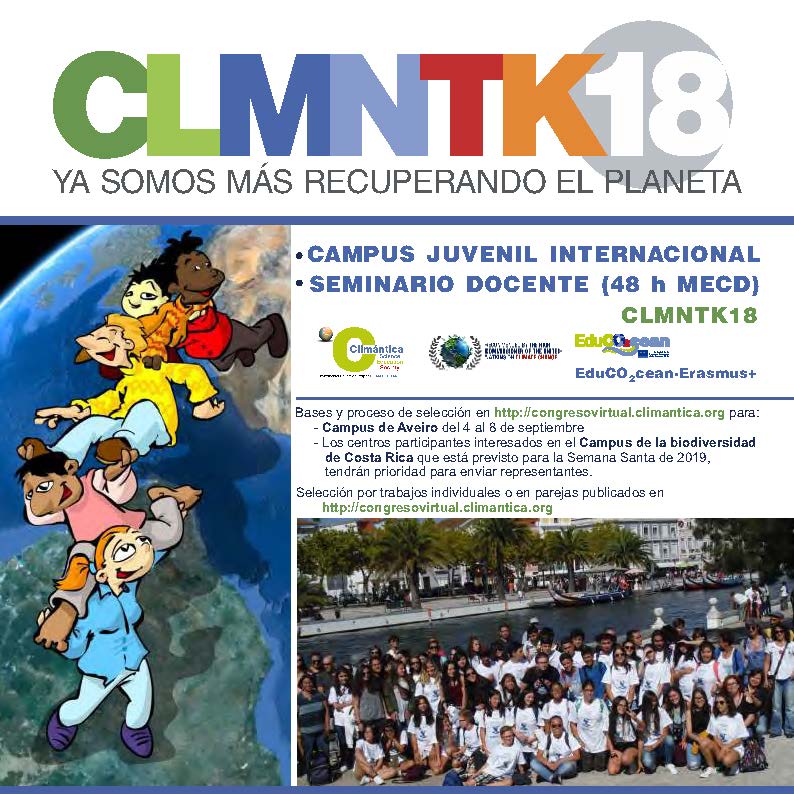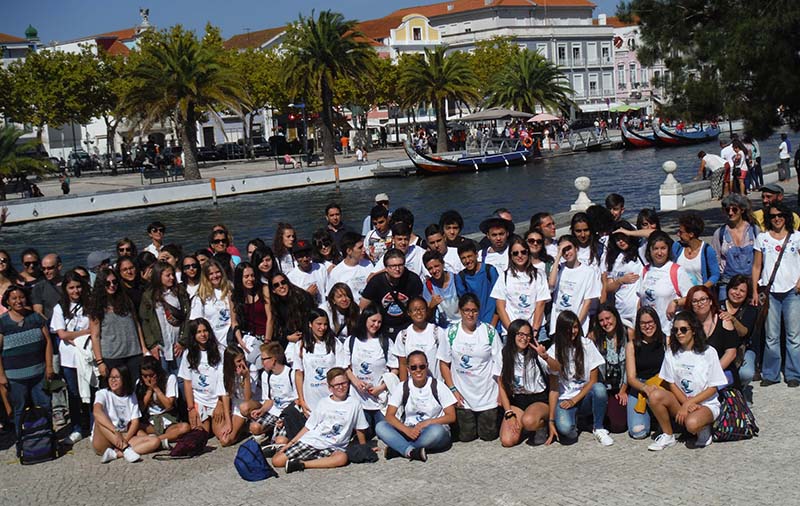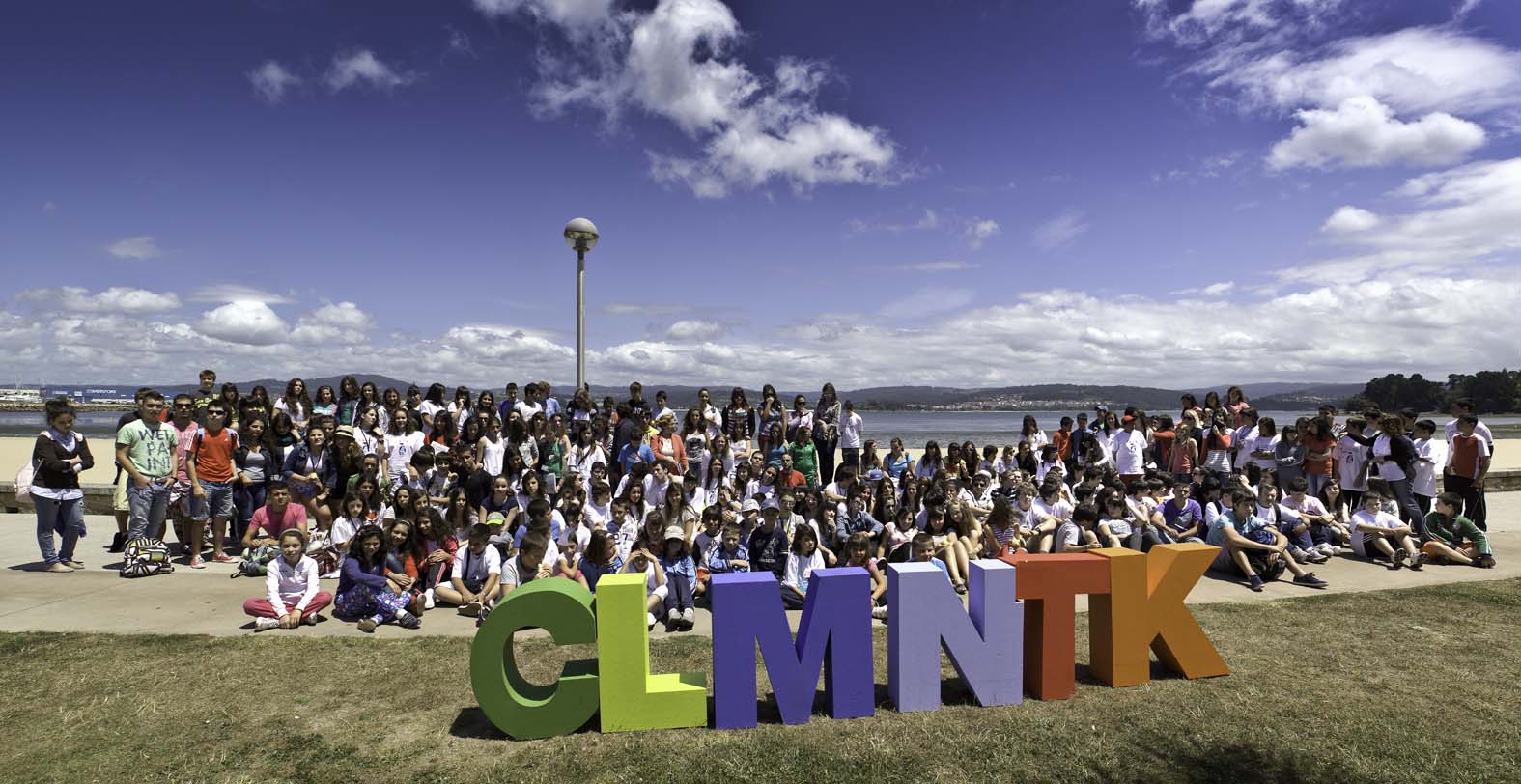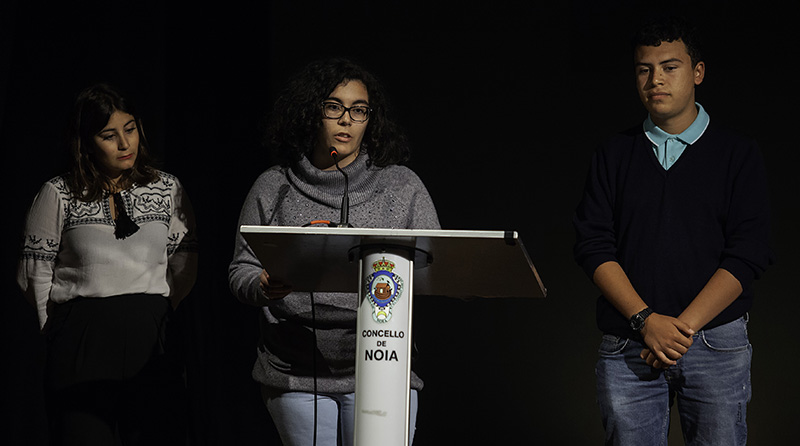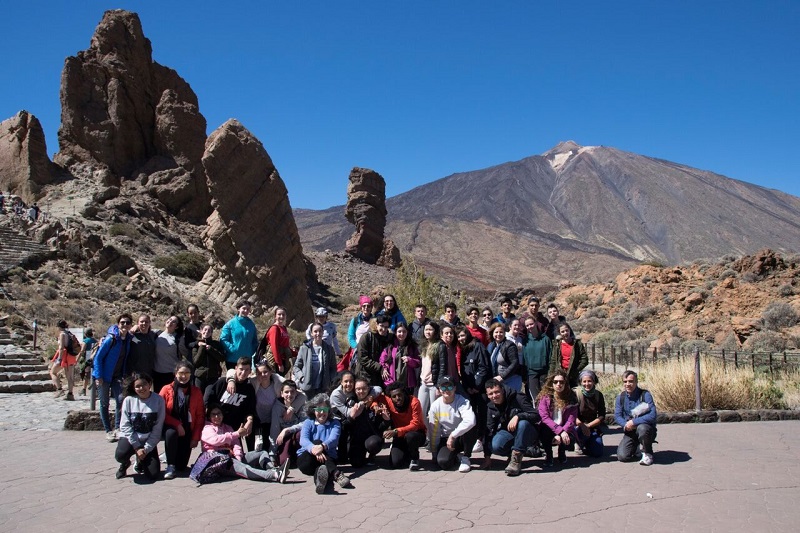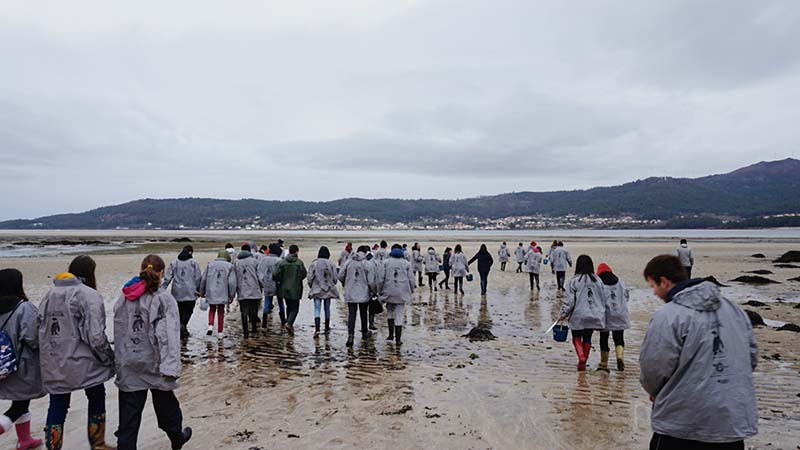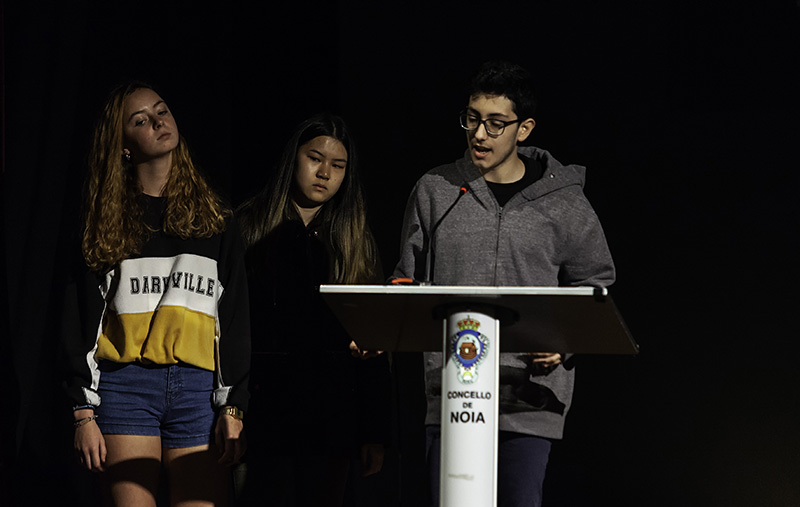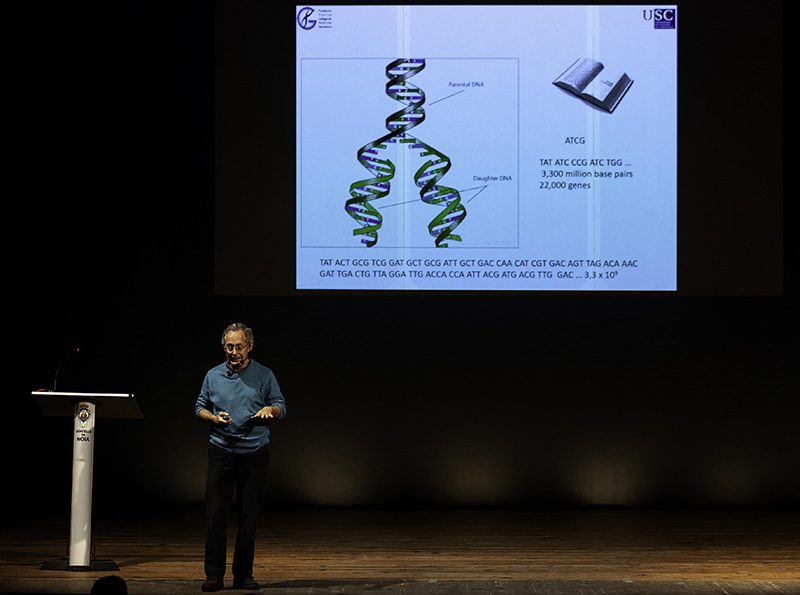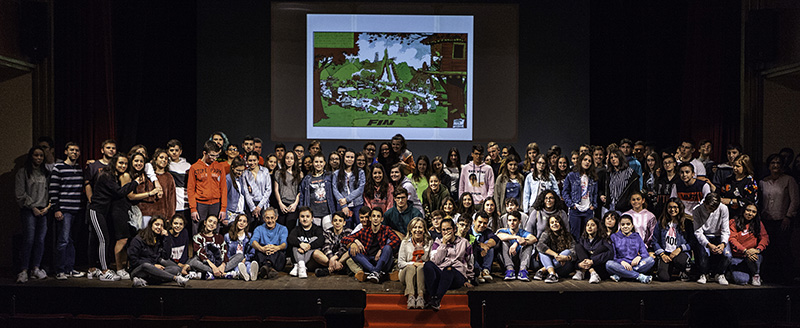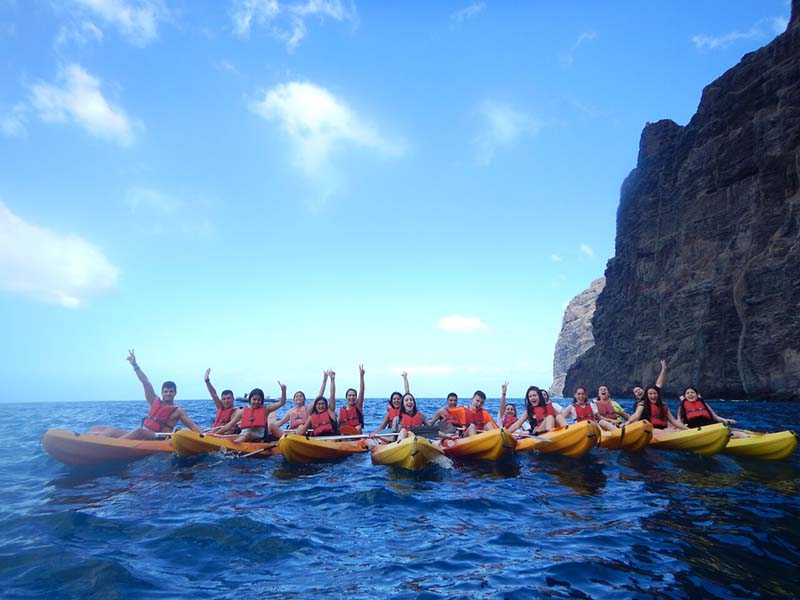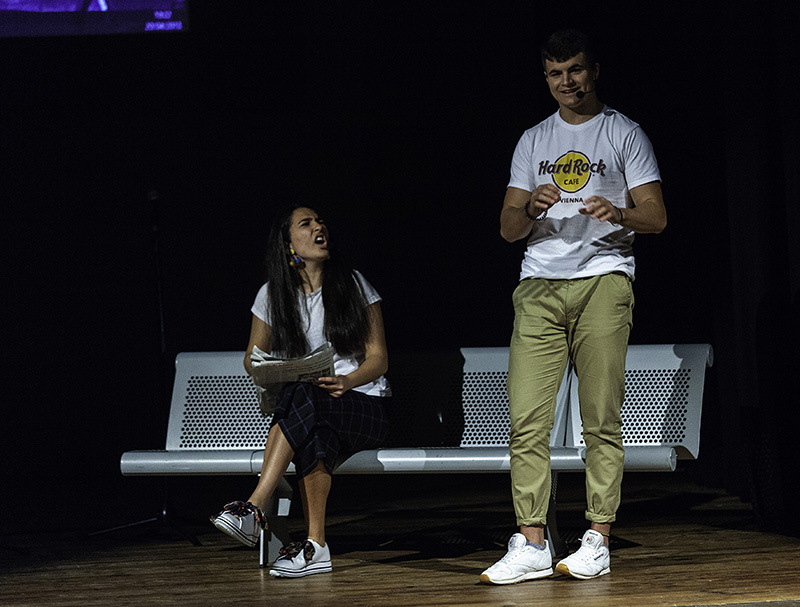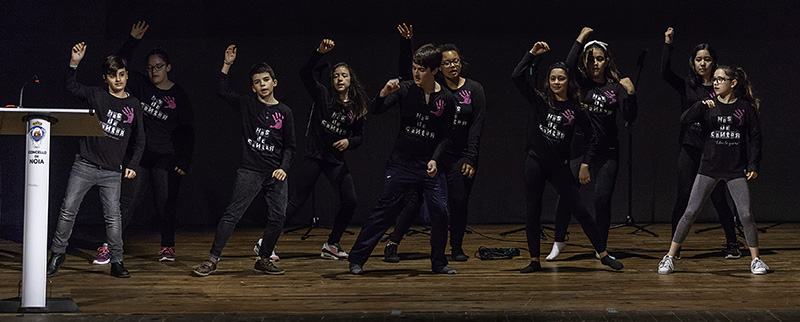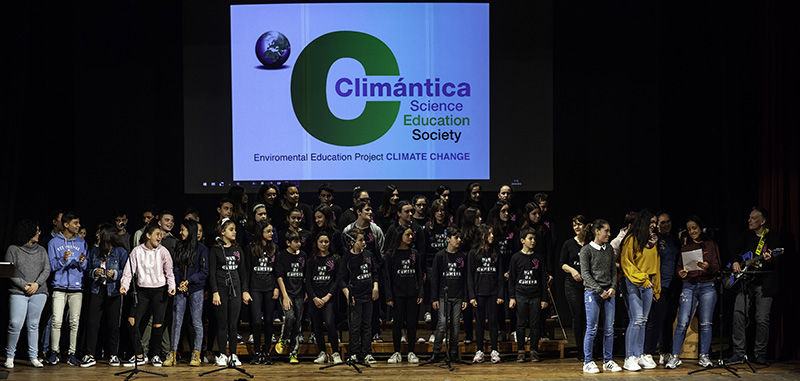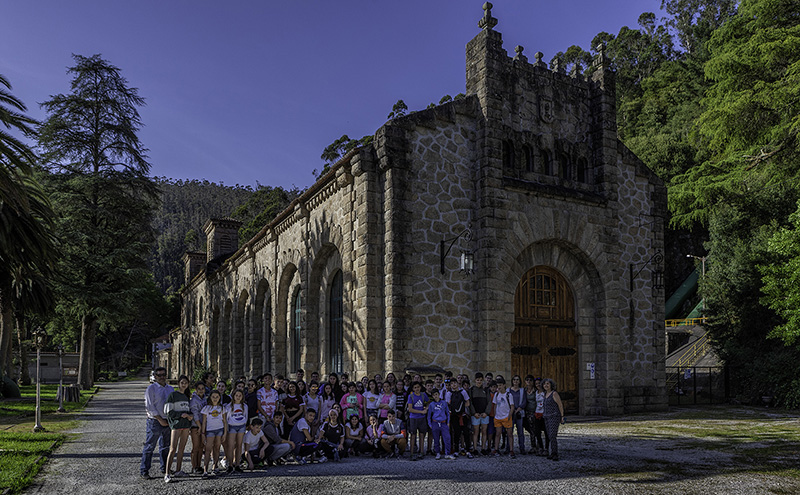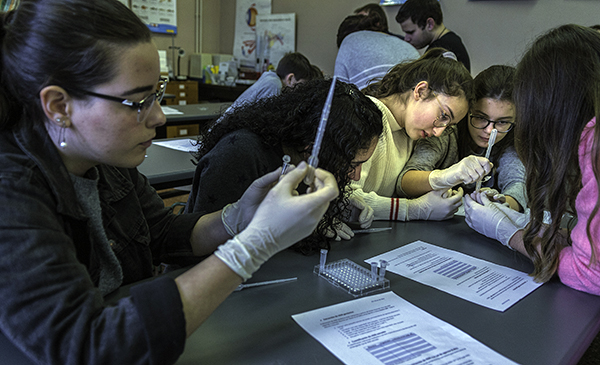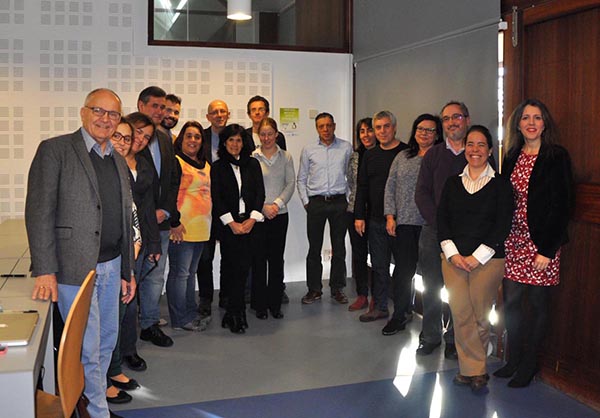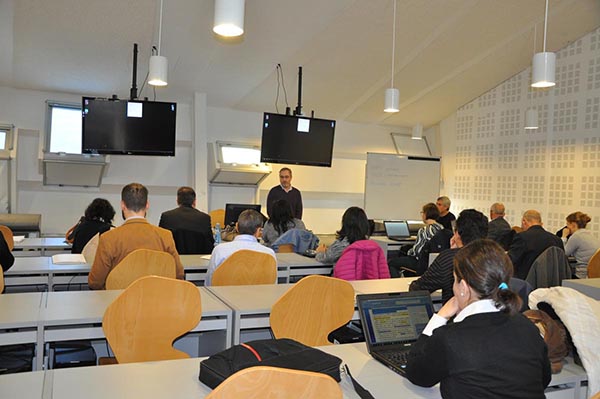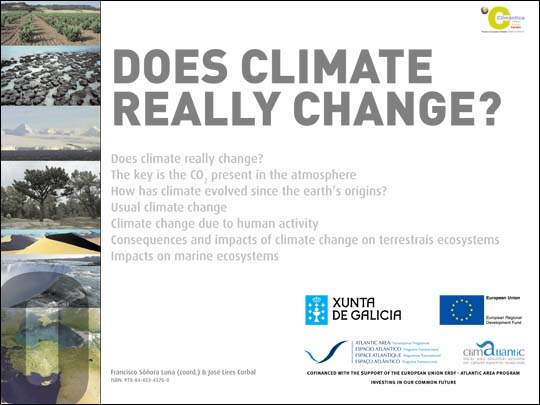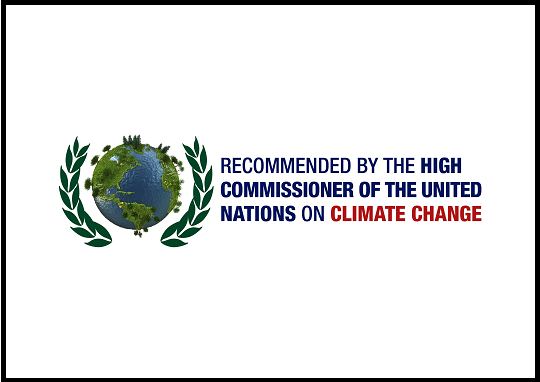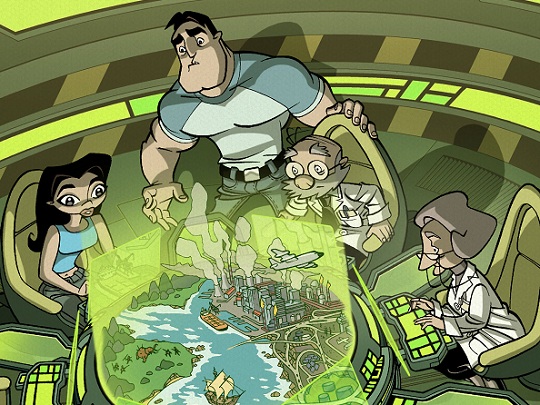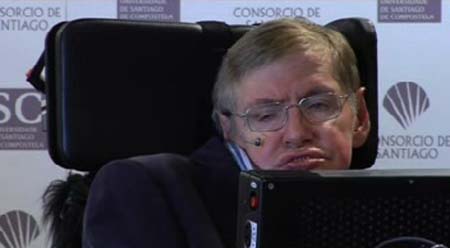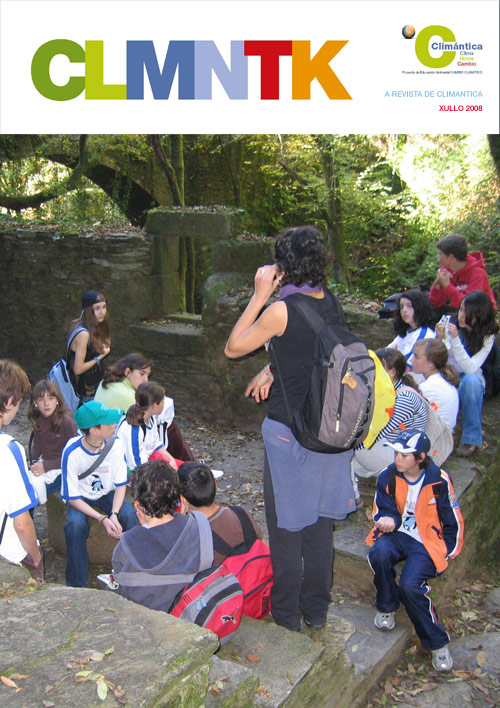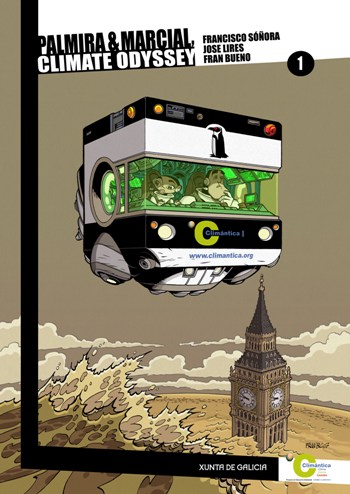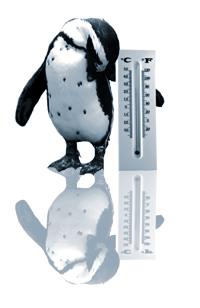The six Galician institutes of the Climántica network for school research, in exchange with their network of the Decroly school in the Canary Islands, shared their research Galicia and the Canary Islands on biodiversity in Galicia and the Canary Islands . These projects focused on two types of species in the two climatic regions. The first type of species that were addressed were species with a high socio-economic interest, which are very adapted to the climate and, thus, may be at risk. The second type are invasive species that are favoured by climate change in the process of invasion.

For this school symposium, on Friday, April 20, a total of 300 students gathered together in Noia, a group formed by a broad representation of the six participating Galician institutes. In that group were also included young Canarian researchers, who moved to Galicia for that event, and who resided from April 17 to 24 with families of their homologous school researchers from Noia, Santiago, Rois, Boiro and Outes.
After the official inauguration by the mayors of Noia and Outes, the nine school research projects were presented.
Three projects were developed by the Canarian students which include the genetic and ecological study of the climate adaptation of two canary endemics: the gallotia intermedia lizard and the rabinche pigeon, species with such a decisive climatic adaptation that they are being affected by the change climate. The third investigation developed by the students of the Canary Islands consisted in the study of the invasion of the fire coral, and their relations with the climate. The Canary Islands ecosystems in which these investigations were developed were studied by the Galician students guided by their colleagues from the Canary Islands during their stay there from 17 to 23 March 2018.
The remaining six projects were developed by the other participating Galician institutes. Three focused on the study of rivers: the biodiversity of the river of
Rois, the bioindicators of the water quality of the Sarela river, developed by the
IES Xelmirez I of Santiago and the Recovery of the lamprey in the Tambre river and the new challenges which is facing in relation to climate change, developed by the IES Poeta Añón of
Outes.
Two projects were linked to the impact of climate change on the marine bivalves of the estuaries. These projects were developed by the students of Noia, who studied the effects of climate change on the bivalves of the Testal beach, and by the students of
Boiro who studied the impacts of climate change and ocean acidification on the development of the mussel. The students of
Noia presented the continuation of their study on cockle distribution, but applied to the study of the other two commercial bivalves of the intertidal of Testal: Ruditapes decussatus and Venerupis senegalensis.
The sixth Galician research was developed by the
IES Rosalía de Castro of Santiago, which focused on the Santiago urban invasion of the Asian hornet, which presents also an ecological importance due to its impacts on native bees.
Genetic research is key for the adaptation to climate changeTo analyze the bases of the similarities and differences between the intertidal of the Testal bivalves in the adaptation to the environment, a study of the DNA was addressed, conducted by Dr. Ángel Carracedo in the laboratory of the IES Virxe do Mar. This study was used to send samples of purified and conserved DNA to the world bank of conservation of the marine genome, which guarantees the recovery of the species in cases of abrupt impacts.
After the presentation of the projects related to the challenges of genetic biodiversity in the face of climate change, students had the opportunity to receive a high-quality genetic training from Ángel Carracedo, a Galician scientist who received the highest global recognition in his specific field of research and obtained the most prestigious awards in Spain in the medical field and in the genetic field: Rei Jaime I Medical research and the National Genetics Award.
This professor who directs the National Genotyping Center, and the Galician Public Foundation of Genomic Medicine, an organization that celebrated its twentieth anniversary at the day before, addressed the theme "Contemporary genetics on World DNA Day’’.
This presentation and analysis of the project information was complemented with recreational, cultural and coexistence activities of the students from the two autonomous communities. In the Canary Islands these activities focused on nautical activities and various routes.
In Galicia, recreational, cultural and convivial activities focused on musical and theatrical shows, as well as on different itineraries. The theatrical dimension was included in the presentation of the celebration of World DNA Day and Planet Day. The spokespersons of the IES Virxe de Mar in this climate exchange were supported by different theatrical presentations.
Another ludic aspect that was present in the act consisted in the realization of different choreographies.
The choreographies and diverse songs of environmental awareness, among which the hymn of Climántica stood out, were interpreted by the choir ‘Has de Cantar’ of the IES Virxe do Mar.
In Galicia, various itineraries were carried out. Among these itineraries it is remarkable the one which was carried out on Monday, April 23, World Planet Day, which was celebrated in the National Park of the Atlantic Islands. It was also carried out a visit to the hydroelectric plants and the ecosystems of the Tambre River.
Other ecosystems and landscapes studied in Galicia were those of the Laguna de Louro and the Ézaro.
The centers of scientific divulgation in which diverse cultural aspects related to the project were approached were the ITER of the Canary Islands and the Scientific Museums of A Coruña.
In the Canary Islands, the studied ecosystems were the Teide, Anaga, the agrosystems of banana plantations and the study of cetaceans and the coastal dynamics of Los Gigantes.
